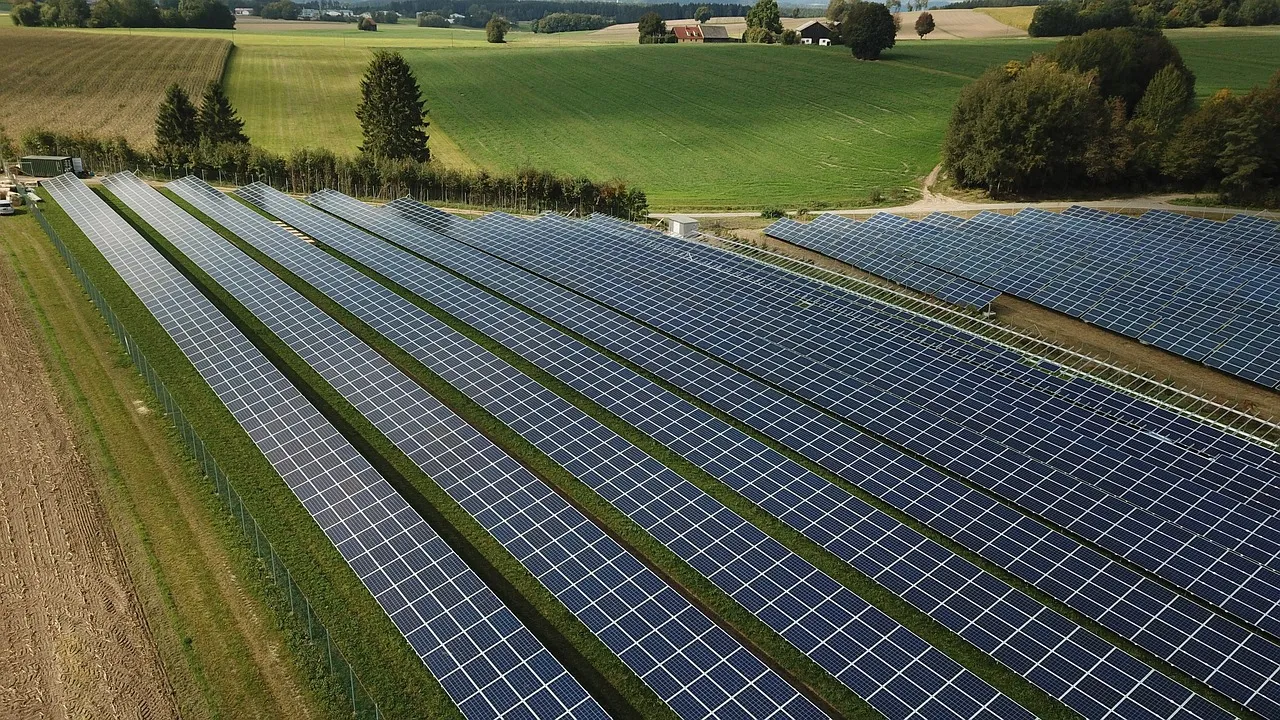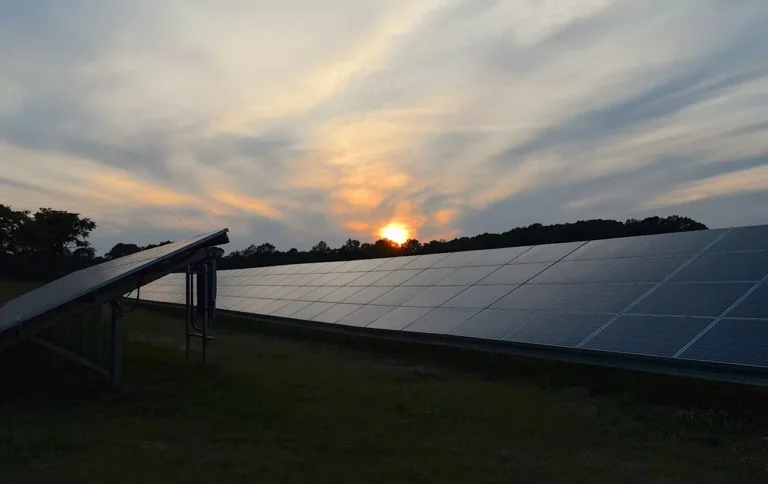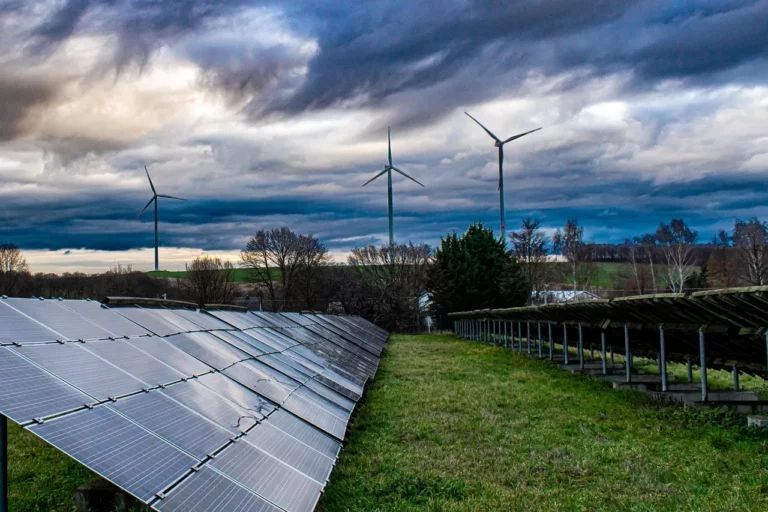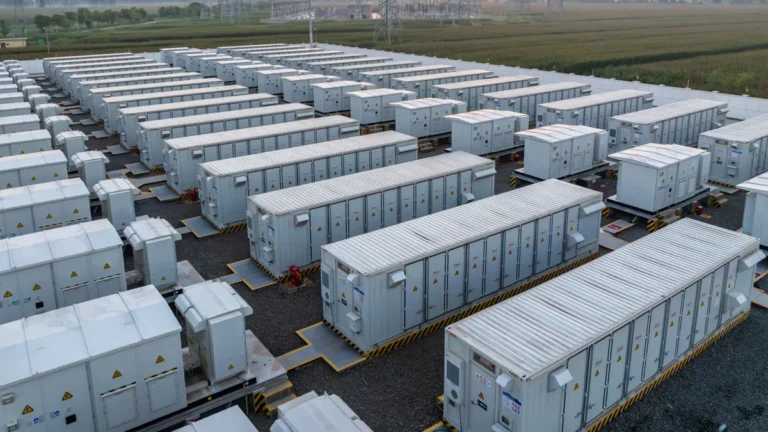
Galp and Powin Power Up Portugal’s Energy Future with Utility-Scale Battery Deployment at Alcoutim Solar Park
In a significant milestone for Europe’s clean energy transition, Portuguese energy company Galp and U.S.-based Powin, a global leader in energy storage solutions, have successfully commissioned and energized a large-scale battery energy storage system (BESS) at Galp’s flagship solar facility in Alcoutim, Portugal. The system has now delivered its first stored electrons to the national grid, marking a major step forward in grid resilience and renewable integration in the region.
Located in the sunny southern Algarve region, near the town of Alcoutim, the new 5 MW / 20 MWh battery installation is not just another infrastructure project—it represents a meaningful leap toward smarter and more flexible renewable energy operations. The BESS enables Galp’s solar assets to store energy generated during peak sunlight hours and dispatch it when grid demand is highest or when renewable generation drops, thus enhancing both energy availability and grid reliability.
This project holds additional significance as it marks Powin’s first operational project in Europe. The Portland, Oregon-based firm brings to Portugal its innovative storage platform and experience from other large deployments around the world, aligning with European goals for decarbonization and clean energy infrastructure.
A Pivotal Collaboration for Grid Flexibility
The new BESS at the Alcoutim solar site is designed to work in tandem with Galp’s 144 MW of solar power capacity in the region, which together supply enough clean electricity to power 80,000 homes annually. The energy stored in the battery system can help offset demand during cloudy days or at night, thereby mitigating intermittency—a common challenge in solar energy generation.
Moreover, by enhancing grid stability and dispatchability, the battery system plays a crucial role in providing ancillary services to the Portuguese grid, such as frequency regulation and voltage support. These grid services are increasingly valuable as the share of variable renewables continues to rise across Europe.
According to Georgios Papadimitriou, Galp’s Executive Vice-President for Renewables, New Business, and Innovation, this milestone is about more than just technology deployment.
“We are leaping ahead in the learning curve, managing complex energy systems and offering a new range of services and opportunities to customers, while contributing to a stable and sustainable energy system,” said Papadimitriou.
His statement reflects Galp’s broader strategy to become a leader in low-carbon and renewable energy solutions across Iberia. The company has been investing heavily in solar, wind, and now storage projects, with a clear eye on supporting the EU’s Fit for 55 package and 2030 climate targets.
Powin’s European Entry and Technological Innovation
From Powin’s perspective, the Alcoutim project is a strategic entry point into the European market, where demand for utility-scale energy storage is accelerating. As countries phase out fossil fuels and ramp up variable renewable energy sources, battery storage is expected to play a central role in balancing supply and demand.
Brian Kane, Chief Projects Officer at Powin, emphasized the importance of the Alcoutim project as a gateway for future growth:
“This project represents a critical step in Powin’s journey as we expand internationally to meet the growing demand for energy storage solutions in Europe,” said Kane. “By partnering with forward-thinking organizations like Galp and leveraging high-performance converter technology from Hitachi Energy, we’ve demonstrated our ability to deliver reliable and innovative solutions that help decarbonize the grid.”
At the heart of the system lies Powin’s Centipede Stack750, a modular and scalable energy storage platform designed for ease of integration, safety, and performance. Paired with a power conversion system (PCS) from Hitachi Energy, the Centipede system provides seamless interface between the battery and the electrical grid. Together, these technologies enable the BESS to respond rapidly to grid needs and contribute to overall system stability.

Hitachi Energy’s Role in Accelerating the Transition
As a global technology leader in grid infrastructure, Hitachi Energy’s involvement in the Alcoutim project further reinforces the growing role of cross-border partnerships in advancing clean energy deployment. Hitachi provided its advanced power conversion solutions, critical for transforming the stored DC energy from batteries into grid-compatible AC electricity.
Alberto Prieto, Head of Power Conversion Solutions at Hitachi Energy, commented on the collaborative effort:
“We appreciate the ongoing relationship with Powin and Galp,” said Prieto. “Our converters remain the prime choice for IPPs and integrators seeking grid stability and flexibility, along with digital enablement for operations and business processes for a more sustainable and secure grid.”
Hitachi’s PCS solutions are known for their high efficiency, reliability, and digital intelligence, which helps integrators like Powin and asset owners like Galp monitor, manage, and optimize their battery systems in real-time. Such capabilities are essential as energy markets evolve to become more dynamic and responsive.
Alcoutim: A Showcase for Portugal’s Renewable Ambitions
Portugal is widely recognized as a European leader in renewable energy adoption, and projects like the Alcoutim solar park further highlight the country’s commitment to sustainability and energy independence. The region benefits from abundant sunshine year-round, making it an ideal location for large-scale solar generation and now, energy storage.
The battery installation significantly amplifies the value of Galp’s 144 MW of solar assets in the region. It also aligns with the company’s ambition to install an additional 400 MW of renewable capacity by 2026, strengthening its position as one of the top photovoltaic solar producers in the Iberian Peninsula.
Galp’s broader energy transition strategy includes not only renewables and battery storage, but also green hydrogen, biofuels, carbon capture, and digital innovation to modernize the grid. The success of the Alcoutim battery project is expected to serve as a blueprint for other similar initiatives in Portugal and beyond.
Toward a More Resilient and Sustainable Grid
The deployment of a utility-scale battery system at the Alcoutim solar park represents a new phase in Portugal’s energy evolution. As solar generation continues to grow, so too does the need for flexible, fast-response energy storage solutions that can ensure grid stability and maximize the use of renewables.
This project demonstrates how integrated approaches—combining solar power, battery storage, and smart grid technologies—can deliver more reliable and sustainable energy to consumers while helping countries meet ambitious climate targets.
It also underscores the growing importance of global collaboration in the clean energy space. By bringing together the expertise of Galp, Powin, and Hitachi Energy, the Alcoutim project exemplifies how innovation and cooperation can accelerate progress toward a decarbonized, digitized, and decentralized energy system.
As energy systems grow more complex and interconnected, partnerships like this one will be key to navigating the challenges ahead and building a future powered by clean, flexible, and resilient energy.







